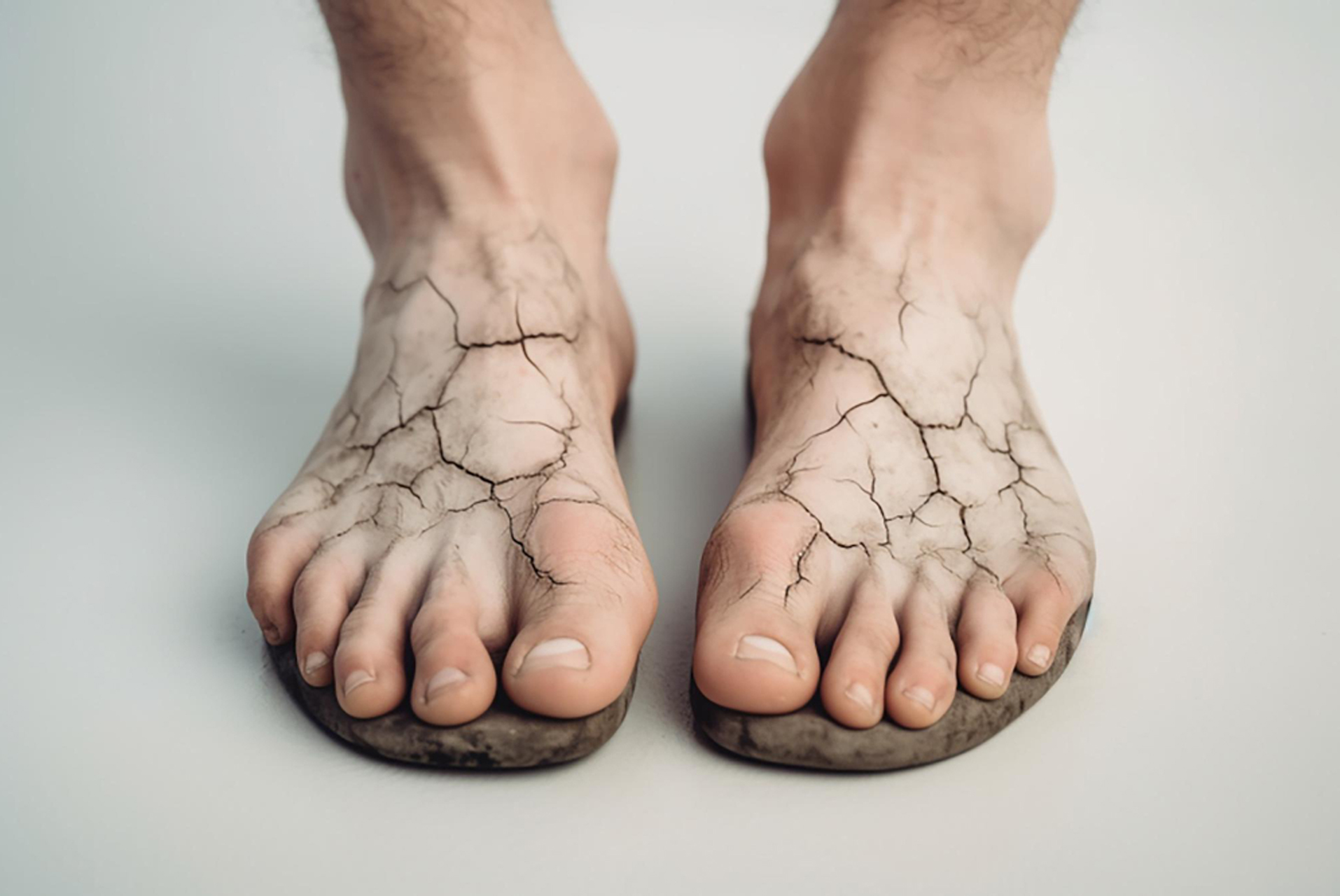
Diabetic Foot Ulcers: Navigating the Complexities of Diabetes-Related Wounds
Diabetic foot ulcers are a significant and challenging complication of diabetes mellitus, a chronic metabolic disorder that affects millions of people worldwide. These ulcers are open sores that typically develop on the feet and can lead to serious health issues if not managed effectively. Understanding the causes, prevention, and treatment of diabetic foot ulcers is crucial for both healthcare providers and individuals living with diabetes.
Causes and Risk Factors:
Diabetic foot ulcers arise from a combination of factors, including:
- Neuropathy: Diabetic neuropathy, nerve damage caused by high blood sugar levels, can lead to reduced sensation in the feet. This means individuals may not notice injuries or pressure on the feet, allowing ulcers to develop unnoticed.
- Peripheral Arterial Disease (PAD): Poor blood circulation, often due to atherosclerosis, reduces the body's ability to heal and fight infection.
- Pressure and Friction: Ill-fitting shoes or repetitive trauma can create pressure points and lead to skin breakdown.
- Impaired Immune Response: Diabetes can weaken the body's immune system, making it more difficult to combat infections.
Stages of Diabetic Foot Ulcers:
Diabetic foot ulcers are categorized into stages based on their severity:
- Stage 1: The skin is intact but shows signs of redness, warmth, or swelling.
- Stage 2: The ulcer extends through the epidermis (outer layer) and possibly into the dermis (deeper layer).
- Stage 3: The ulcer involves full-thickness tissue loss, including damage to the subcutaneous fat layer.
- Stage 4: The ulcer extends deeper, affecting muscle, bone, or supporting structures.
Prevention:
Preventing diabetic foot ulcers is essential:
- Foot Care: Regularly inspect feet for cuts, blisters, or sores. Keep feet clean and dry.
- Proper Footwear: Wear comfortable, well-fitting shoes that provide support and minimize friction.
- Foot Exams: Schedule regular foot exams with a healthcare provider, especially if you have neuropathy.
- Blood Sugar Control: Maintain good blood sugar control to support wound healing.